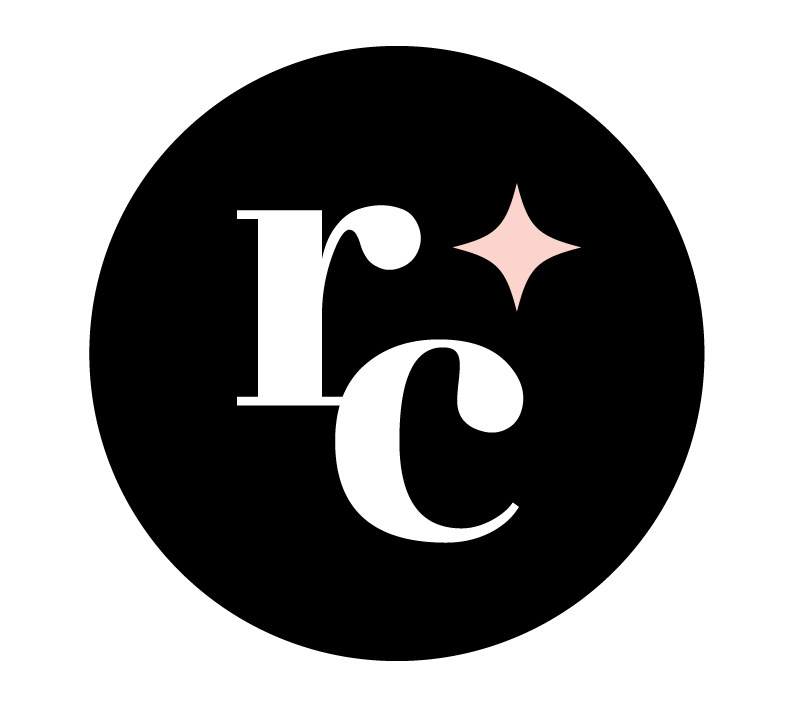A death & creativity
My father-in-law died just over a fortnight ago. He'd had terminal throat cancer for a little over a year, diagnosed right before the first lockdown. What a year.
I've found myself reflecting on creativity since then. Because he was an artist, illustrator and copywriter, painting with watercolours and acrylic up until he became too ill to do it anymore. And, because when he first got cancer over 20 years ago, the surgery that saved his life left him without a voice.
We hear a lot about the importance of finding and using our voices, but a loss like this really hammers home how precious it is to leave behind a creative legacy.
You don't have to have been a professional creative for the words and images you leave behind to be important
Hastily scribbled notes, doodles and even birthday cards all count - maybe even more than any professional body of work. Your creative output doesn't have to be the best in the world. You don't have to have anything profound, unique or incredible to say.
It matters anyway.
Some of my favourite things my father in law left behind are the cartoons he scribbled down on lined paper that lovingly take the piss out of my mother in law. They looked pretty effortless, weren't particularly meant for anyone to see, but it's so palpable how much affection was behind them. He drew her the same way every time, and with so few lines and detail captured her essence, her fragility.
Creativity mustn't be taken for granted
What you put out into the world - in whatever format - means something. It's a connection to you; to who you are and what matters to you.
It's a privilege to have a voice, to have the power to use it to express yourself. It mustn't be squandered because of fear: of judgment, of not being good enough or anything else. What else matters in life, but opening up and saying the things you really want to say in whatever time you have?
It seems fitting that right around the same time, I was going through a creative block.
I'm becoming better at accepting that my creativity is cyclical. I'll have an intensely productive burst and then I'm spent and need to switch off and rest for a while, something that I used to try to push through.The more I learn to accept this, the easier life becomes.
On perfectionism
Last week, I took part in a group breathe on the topic of “letting go of perfectionism”. it came to me that this label "perfectionism" is total bullshit.
Wanting to do your best is not a flaw, a disorder, or even necessarily a problem. It's not something that needs fixing or banishing, but the label of "perfectionist" does. Can we stop pathologising completely normal human thoughts, feelings and behaviour? Caring about what you do and the quality of your work is natural. Especially if you're a sensitive, deep thinker and feeler. And you probably are if you're reading this. It's only a problem if it stops you from taking any action at all. Discomfort around facing a fear and doing it anyway is natural and a part of the process of growth. It doesn't ever stop.
Life, like creativity, insists that we will not always be on
Despite what the capitalist machine would have us believe, we need rest. We need space, to reflect and to gather inspiration, whether it's conscious or not. Until the next burst of fire comes and we're off putting it all into action. Sometimes rest is imposed on us, by ill health, or mental exhaustion. Sometimes, as we learn to accept how this works, it's self-imposed. Whatever way it comes, the more we’re able to lean into it and surrender, the easier life becomes.
If you’d like to access more creativity, sign up to my newsletter to be the first to hear about something to help
